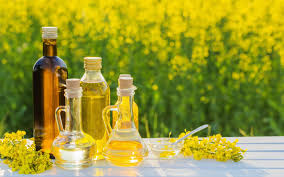
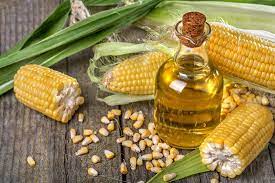
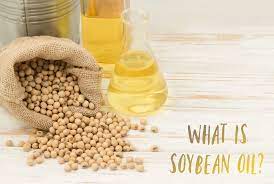
NON-GMO farming for canola,corn and soybean oils involves cultivating crops without genetically modified organisms. This typically includes using traditional breeding methods and non gmo seeds to produce oil seed crops. Farmers may also adopt organic practices to enhance sustainability and reduce reliance on synthetic inputs. This produces superior quality oils.

NON GMO SOYBEAN FARMING
Non-GMO soybean farming emphasizes the cultivation of soybeans without genetic modification, maintaining the integrity of the crop’s natural traits. This sustainable approach prioritizes biodiversity, environmental health, and consumer preferences. Non-GMO soybean farmers employ traditional breeding methods, avoiding genetic engineering. This commitment ensures a supply of soybeans that align with consumer demand for wholesome, unmodified food choices while promoting eco-friendly and ethical agricultural practices.
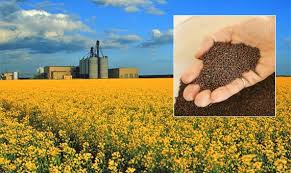
CANOLA / RAPESEED FARMS
Canola oil production rooted in non-genetically modified organisms (Non-GMO) underscores a commitment to natural cultivation methods. Opting for traditional breeding approaches, farmers avoid genetic modification, preserving the inherent characteristics of canola. This sustainable practice supports biodiversity, environmental well-being, and consumer preferences for unaltered food sources. By embracing Non-GMO principles in canola oil farming, the industry aligns with conscientious consumer choices and promotes environmentally friendly and ethical agricultural practices.
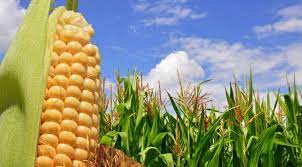
NON GMO CORN FARMING
Non-GMO corn farming embodies a dedication to cultivating corn without genetic modification, preserving its natural traits through traditional breeding methods. This sustainable approach champions biodiversity, environmental well-being, and consumer preferences for unaltered produce. By steering clear of genetic engineering, non-GMO corn farming ensures a supply of corn that aligns with the growing demand for pure, naturally grown food. This commitment reflects a broader ethos of environmentally conscious and ethical agricultural practices.